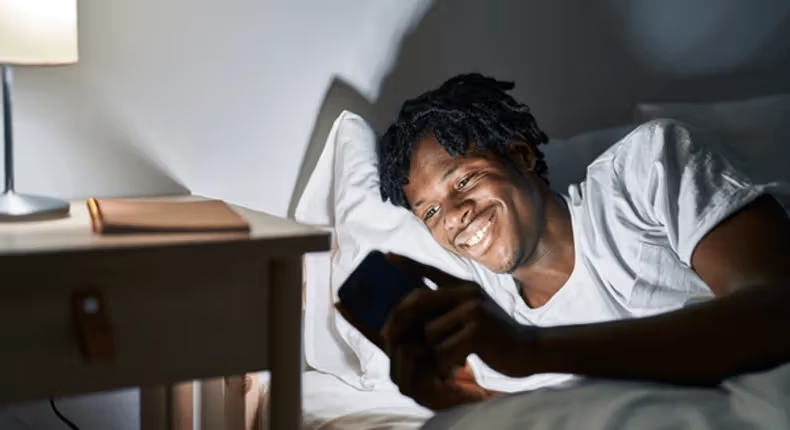Short sleep and insomnia can devastate the body and accelerate old age. Scientists have evidence that every sleepless night not only affects our well-being, but also increases our subjective age.
Sleep is a key element of mental and physical health, and lack of it makes us feel tired, lethargic and deprived of energy.
What does this mean for us and can this process be reversed? Scientists have conducted studies that have shown how much lack of sleep affects the aging process.
Sleep is a key element of mental and physical health, and lack of it makes us feel tired, lethargic and deprived of energy.
Scientists from the University of Stockholm conducted research that showed that insufficient sleep can accelerate the aging process of the body by up to several years.
Sleep accelerates old age
In the first study, scientists examined 429 people aged 18 to 70, asking about their subjective age and sleep habits. The research results may be surprising, because it turned out that each sleepless night increased their subjective age by an average of 0.23 years.
For another study, scientists involved 186 people aged 18 to 46 who slept only four hours for two nights and nine hours for the next two nights. Reducing the amount of sleep increased their subjective age by as much as 4.4 years.
Research has also shown that people with the early bird sleep chronotype have a lower subjective age than those who are most active in the evening and go to bed very late. However, sleep disorders are more difficult to cope with.
How insufficient sleep affects you
Insufficient sleep makes us feel older. Sleep deficiency may not only weaken immunity, but also worsen mental condition, weaken cognitive functions, and cause memory problems.
Research has shown that changing your sleep habits and practicing better sleep hygiene can significantly improve your well-being and prevent premature aging.
In addition, it is also worth taking care of physical activity, leading a healthy lifestyle and moving regularly. Movement, especially outdoors, oxygenates the body, stimulates the circulatory system and causes more nutrients to reach individual organs.
An oxygenated body regenerates more easily, so after a long walk we fall asleep and rest faster.
How to speed up sleep?
People who suffer from insomnia and sleep disorders should change their evening habits.
It is good to take a walk every day before going to bed (if possible) and to air the bedrooms thoroughly.
In addition, experts recommend limiting the use of electronic devices, not watching stimulating films or series, and turning off social media. Blue light emission can disrupt melanin production and worsen insomnia problems.

